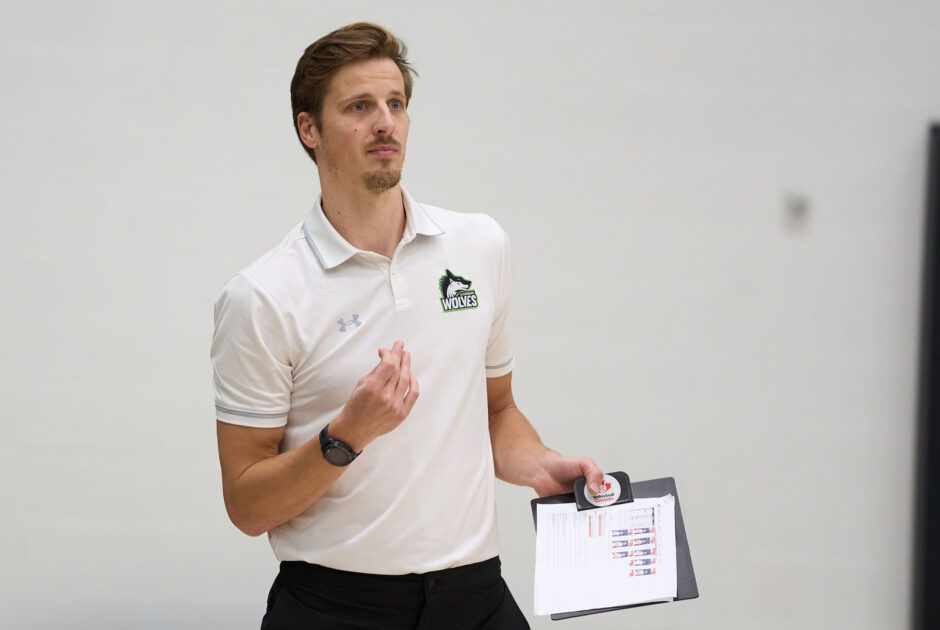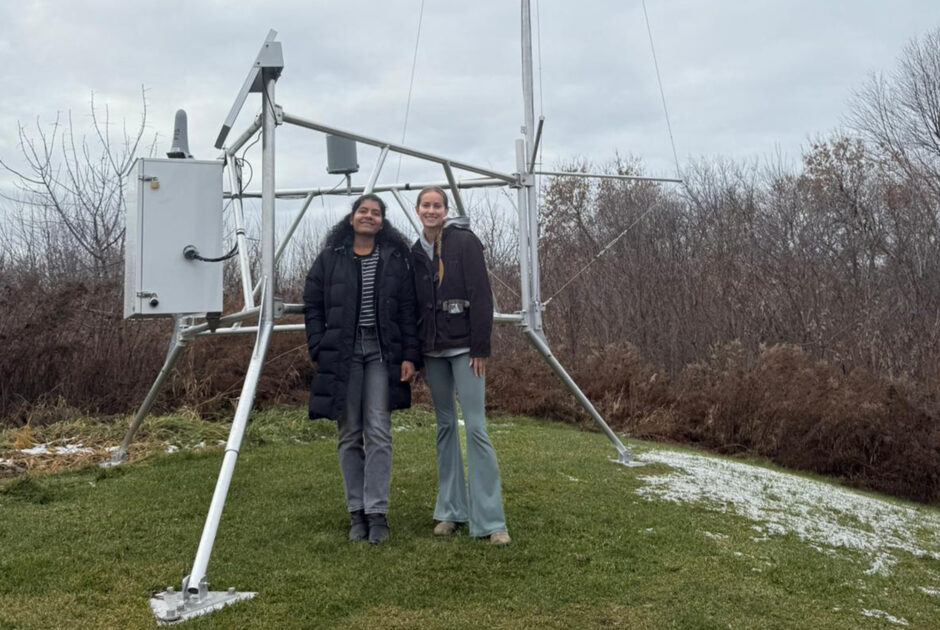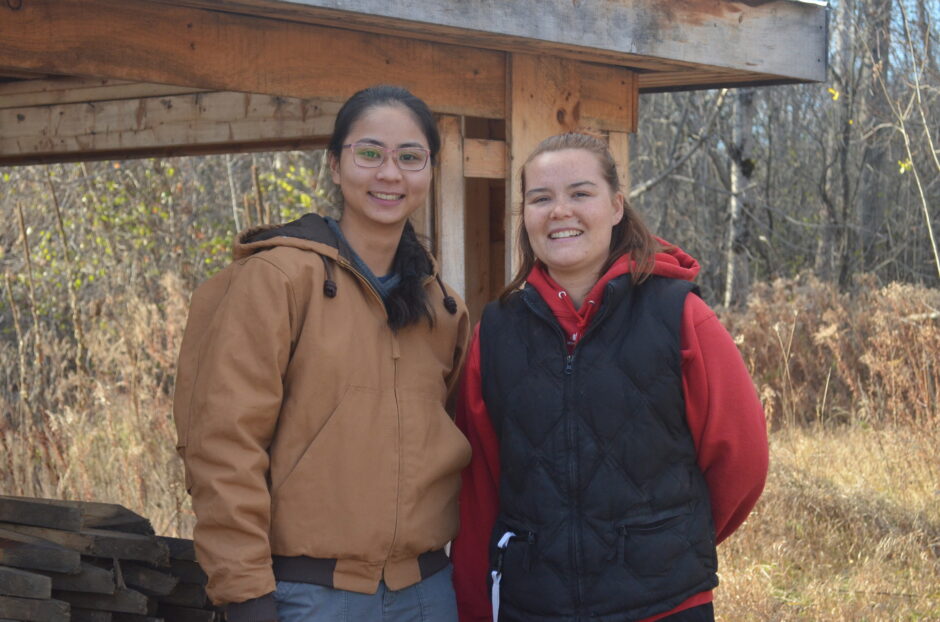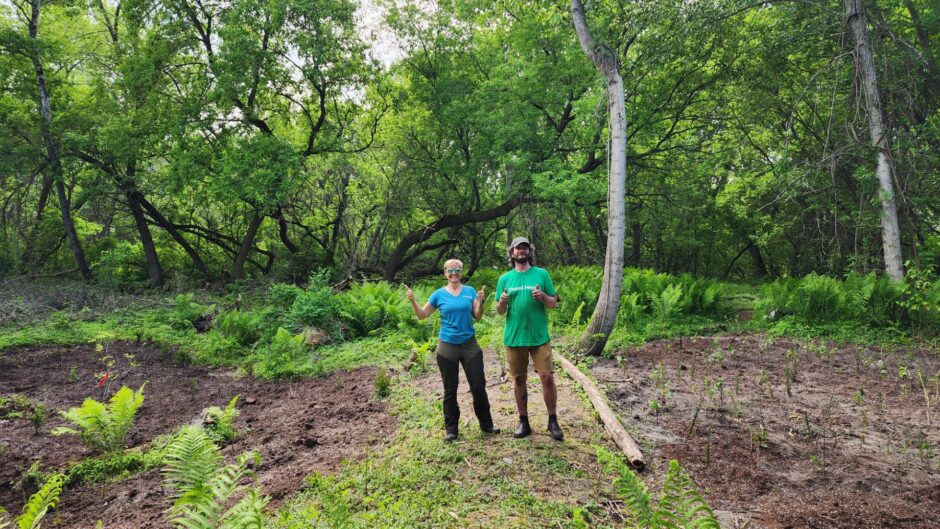First Person: I have an avoidant attachment style but I’m trying to evolve
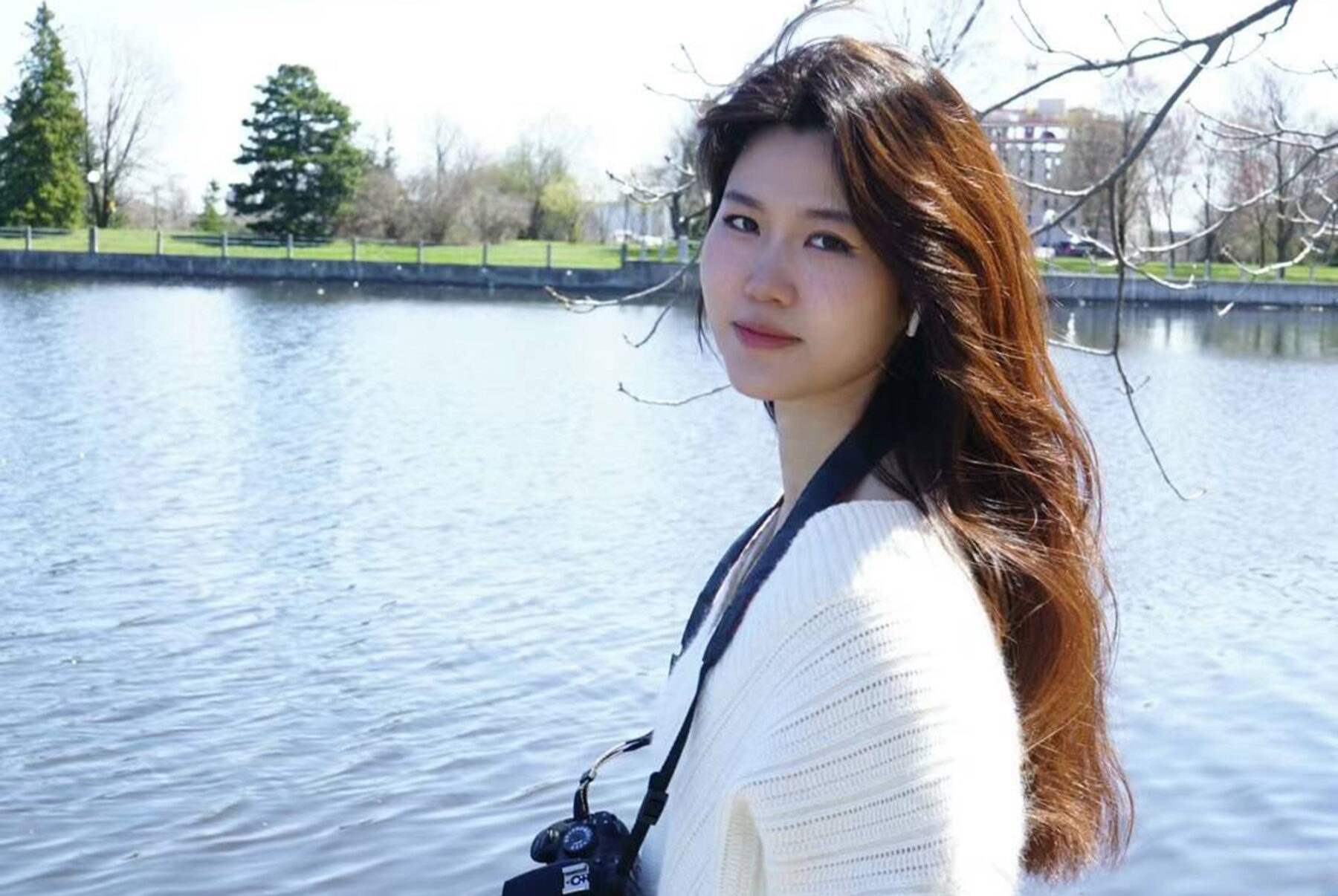
After many dates with Fred over the summer, I knew we liked each other and that he was a great guy. But when he asked, “What are we?” I panicked.
We were sitting in the Notre Dame Cathedral Basilica, where people were quietly walking around and praying. Holding hands, we rested on a pew at the back. Suddenly, he asked, “Are we officially together now?” I instinctively denied it.
“But in my heart, you’re already my girlfriend,” he said.
I felt a bit awkward and didn’t know what to say. I like Fred, but I didn’t know why confirming our relationship felt so disconcerting. It’s as if the moment we label what we have, everything will suddenly change.
I hadn’t been in a relationship for three years. And none of my serious romantic relationships ever lasted more than four months. Casual relationships were even shorter—usually no more than two months.
Most of the time, I ended things by ghosting. When I felt any discomfort in a relationship or we had an argument, I’d hide. If I didn’t like how they did something, I’d go silent.
One day, I came across a video explaining avoidant attachment while aimlessly scrolling through TikTok. The more I learned about the avoidant attachment style, the more I saw the pattern in my own relationships: the fear of being too close, the tendency to pull back when things started to get real, and the overwhelming need to protect myself from getting hurt.
Everyone has an attachment style. It refers to how people behave and interact in relationships. “The way we attach is formed early on as a result of how primary caregivers behaved toward meeting their child’s needs,” write Michael Mongo, a licensed psychoanalyst in an article titled What Avoidant Attachment Looks Like in a Relationship on Verywell Mind.
There are primarily four attachment styles: secure, anxious, avoidant, and disorganized. People with avoidant attachment, as the name suggests, avoid emotional closeness and value independence in relationships.
I began to realize that this fear of closeness wasn’t just about Fred. It was about me, about my deep-rooted fear of vulnerability and of losing myself to someone else. I had spent my whole life keeping that part of me hidden, that part of me that could be hurt.
I know that expressing your feelings and needs to the one you love is important. But expressing my emotions feels like exposing my vulnerability, as if I’m running naked.
What if people turn feelings I’ve shared against me? After all, they’d know exactly how to make me feel embarrassed or hurt.
I was so afraid of getting hurt, so scared of being the one left behind, that I became hypersensitive to any hint of doubt or hesitation from my partners, no matter how small.
Instead of expressing my needs and feelings, I kept score. I would secretly dock points from them in my mind whenever they did something I didn’t like. And as the score lowered, I’d begin to prepare for my exit.
I was often told I was too independent in my relationships, that I didn’t seem fully invested—too distant, too self-sufficient. I thought my independence was a strength, something to be admired. But to them, it felt like I didn’t need them at all.
Thinking back to my childhood, my parents always focused more on my older brother. I don’t really remember feeling close to them.
Since second grade, I became a well-behaved and sensible girl in the eyes of my teacher and parents. “I remember when we were little, whenever I wanted to do something, all I had to say was that you would be there, and then my parents would let me go,” said Tong Zhang, a friend I grew up with.
Whenever teachers praised me for being independent, responsible or smart, my parents would give me a bit more attention. They’d love me just a little more.
Growing up, love felt like something that could be taken away without warning. I learned to rely on myself, to keep a part of me hidden, unreachable. But now, I’m starting to realize that maybe that wall doesn’t just keep others out; maybe it keeps me trapped, too.
But how could I change? How could I stop running from love?
The more I tried to control my emotions, to shield myself from pain, the less I actually felt connected to anyone. And it hit me—if I didn’t let go of my fear, I’d never be able to have a truly meaningful relationship.
In the past, I’d used independence as a shield, thinking it would protect me. But now I understood that it wasn’t real protection. It was a defense against intimacy, against the very thing I wanted: connection.
The relationship isn’t a battle to win or lose. It’s a journey to understand, a process of unlearning old patterns and embracing new ways of connecting.
I began to lean into the discomfort. I started to recognize that expressing my needs and fears wasn’t a sign of weakness. It was the path to real connection. I began to open up, slowly but surely.
Now, Fred and I have been together for almost half a year. You might be surprised to hear this, as a 22-year-old, this is the longest relationship I’ve ever been in. We still have a long way to go. But at least I know now that true love is not about avoiding pain. It was about being willing to experience it, to learn and grow together.





